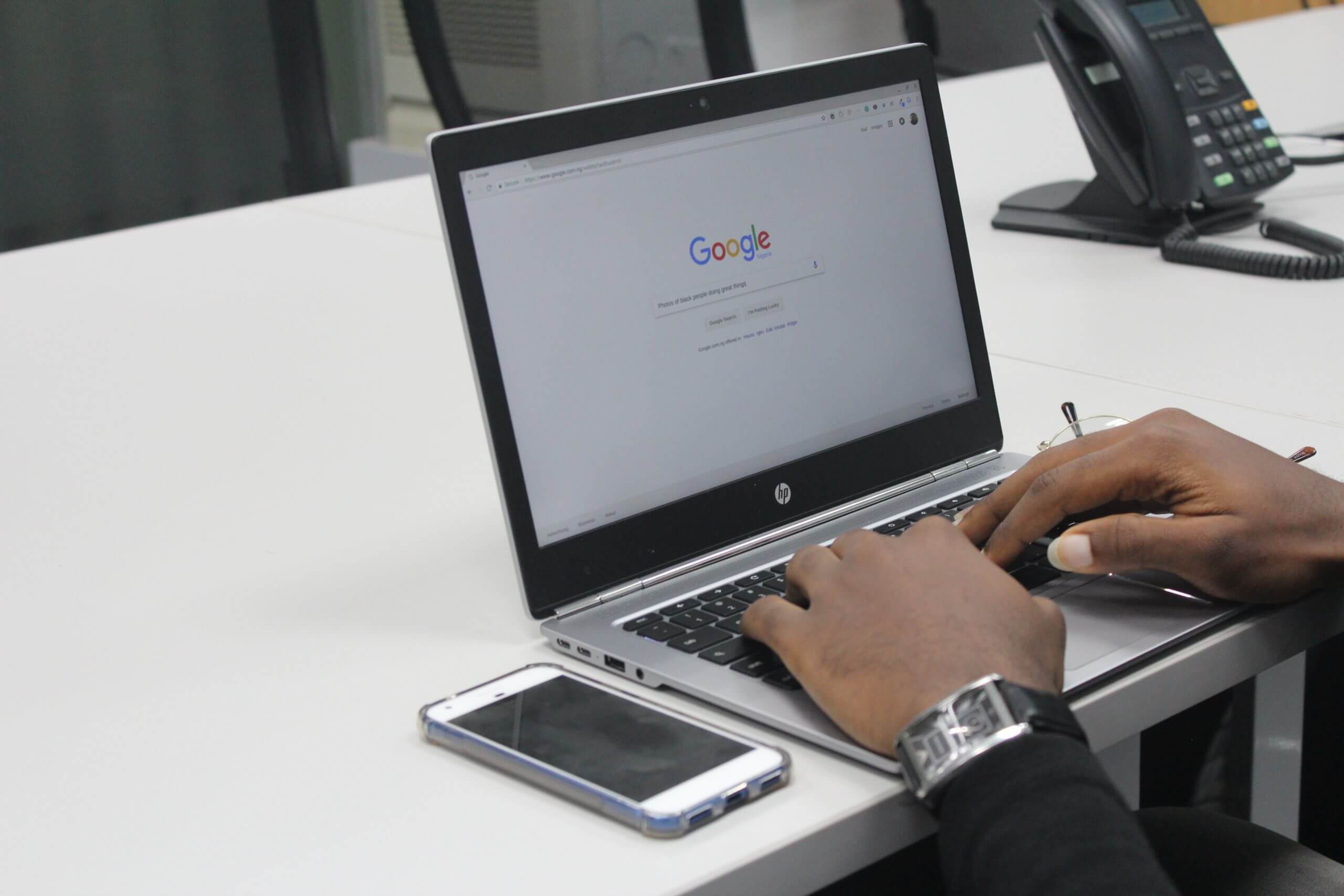
Haylie Page, External Affairs Intern, Money and Mental Health
Digital exclusion: what’s the cost of no connection?
17 December 2020
The internet has become an essential part of life in the last decade, to the point where most would struggle to imagine life without it. Yet, in the context of the pandemic, the internet became a lifeline, with nearly everything moving online — from GP appointments to job interviews — almost overnight.
Though this has been the right response to the pandemic’s challenges, for those of us facing financial difficulty, accessibility issues or limited digital skills the move online might have made life more difficult. For many — particularly those experiencing mental health problems — this may also significantly impact income.
No cash? No connection
An internet connection costs money, which for some is unaffordable. In the UK, average monthly broadband packages cost £27.39 a month. The Office for National Statistics also highlights that only 51% of households earning between six and ten thousand pounds per year have home internet access.
People with common mental health problems face an existing income gap — with annual median incomes of just over two-thirds those of people without mental health problems. For many people with mental health problems, and especially those who are unable to work due to ill health and who rely on low rates of benefits, costly broadband could be completely out of reach.
A vicious cycle
As the world goes web-based in the context of Covid, the digitisation of the benefits system and the world of work has only intensified — putting at risk the income of those who may not have stable or reliable connections.
Job applications and job interviews have moved almost entirely online, which means attending these without an internet connection is almost impossible. As well as this, Universal Credit, the benefit for people who are newly unemployed is accessed online and is also ‘digital by default’. This means that claimants apply through an online portal, and maintaining payments requires regular internet access.
Many people on low incomes — including those with mental health problems — who are unable to afford to pay for reliable or consistent internet access, are particularly vulnerable. Lack of access to online services can put vital sources of income at risk.
This can also become a vicious cycle. A loss of income from benefits payments could mean a subsequent loss of broadband, as a person can no longer afford the bill. This will not only take away access to the internet, but will limit a person’s ability to afford other essentials and apply for jobs — which could plunge people further into financial difficulty.
How poor mental health can compound digital exclusion
It is not only income that can impact your ability to access the internet. People experiencing mental health problems are especially vulnerable to digital exclusion, as symptoms like poor memory and reduced concentration can make it challenging to use the internet.
In the context of the pandemic, digital welfare systems that lack face to face or alternative support — such as telephone calls or paper forms — may be especially challenging to access for those experiencing mental health problems. Adding additional barriers to accessing this vital financial lifeline.
What can be done?
In today’s digital age, people can face an affordability barrier to maintaining their internet connection, and in some instances source of income. To overcome this barrier, choice and alternative support must be central.
Not everyone experiencing mental health problems can easily access digital welfare services due to the cost of a connection or accessibility issues. The government must recognise this, and should always provide more accessible alternatives for claimants to choose from — like paper copies of forms.
Additionally our Mental Health Accessible programme can help essential services firms understand which aspects of their services may be inaccessible to people with mental health problems, and how to improve them.
